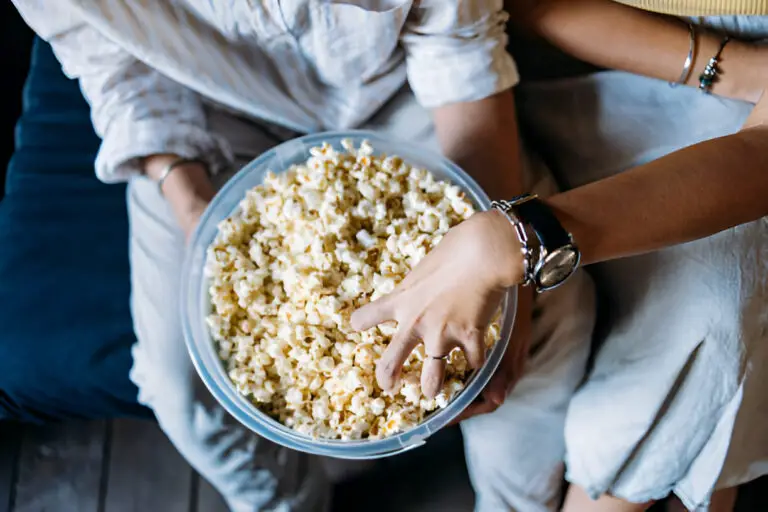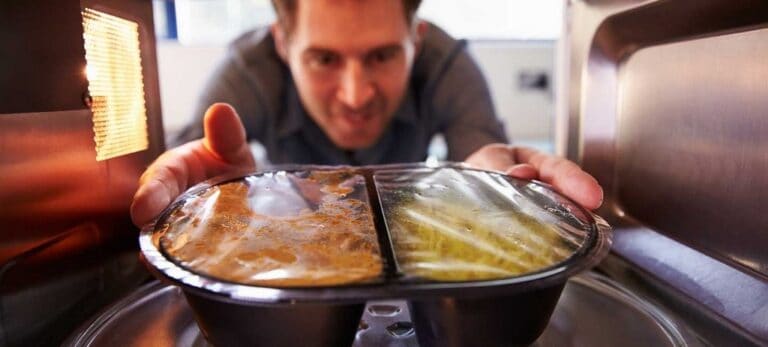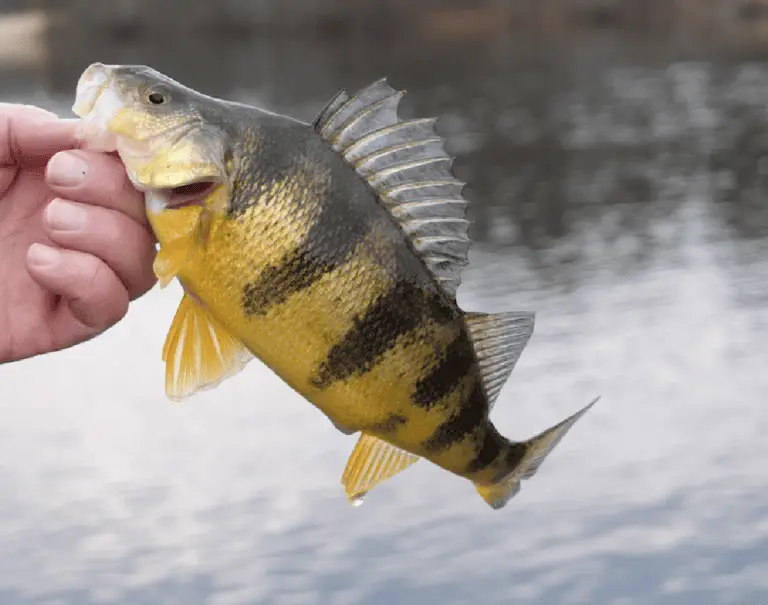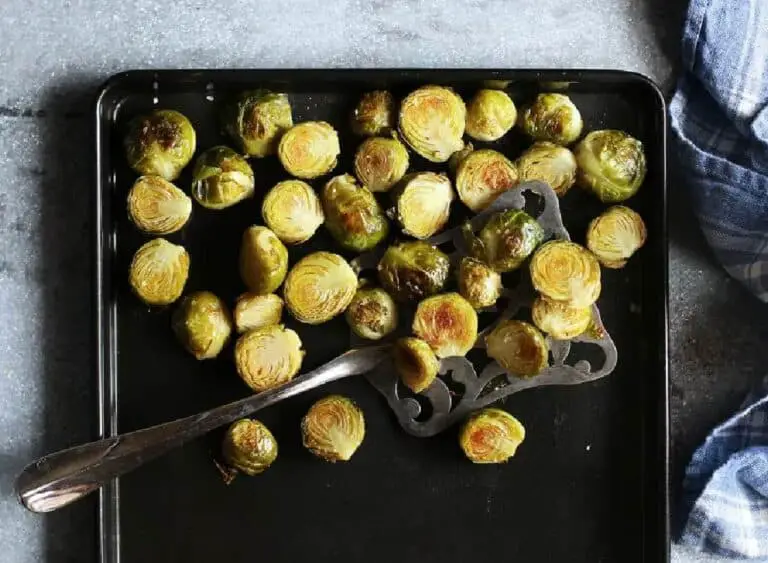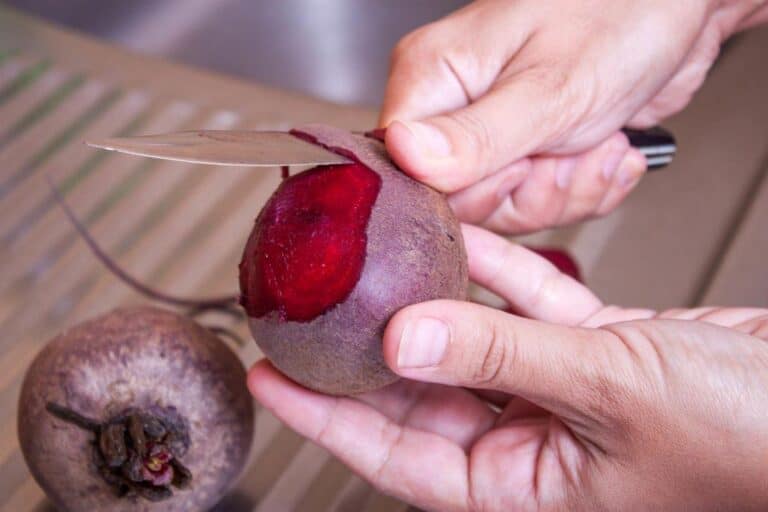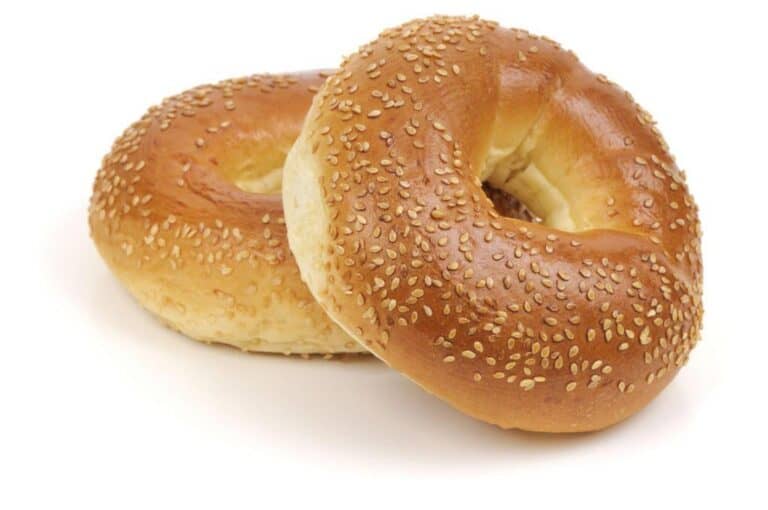Mastering the Art of Preventing Peach Browning with Lemon Juice
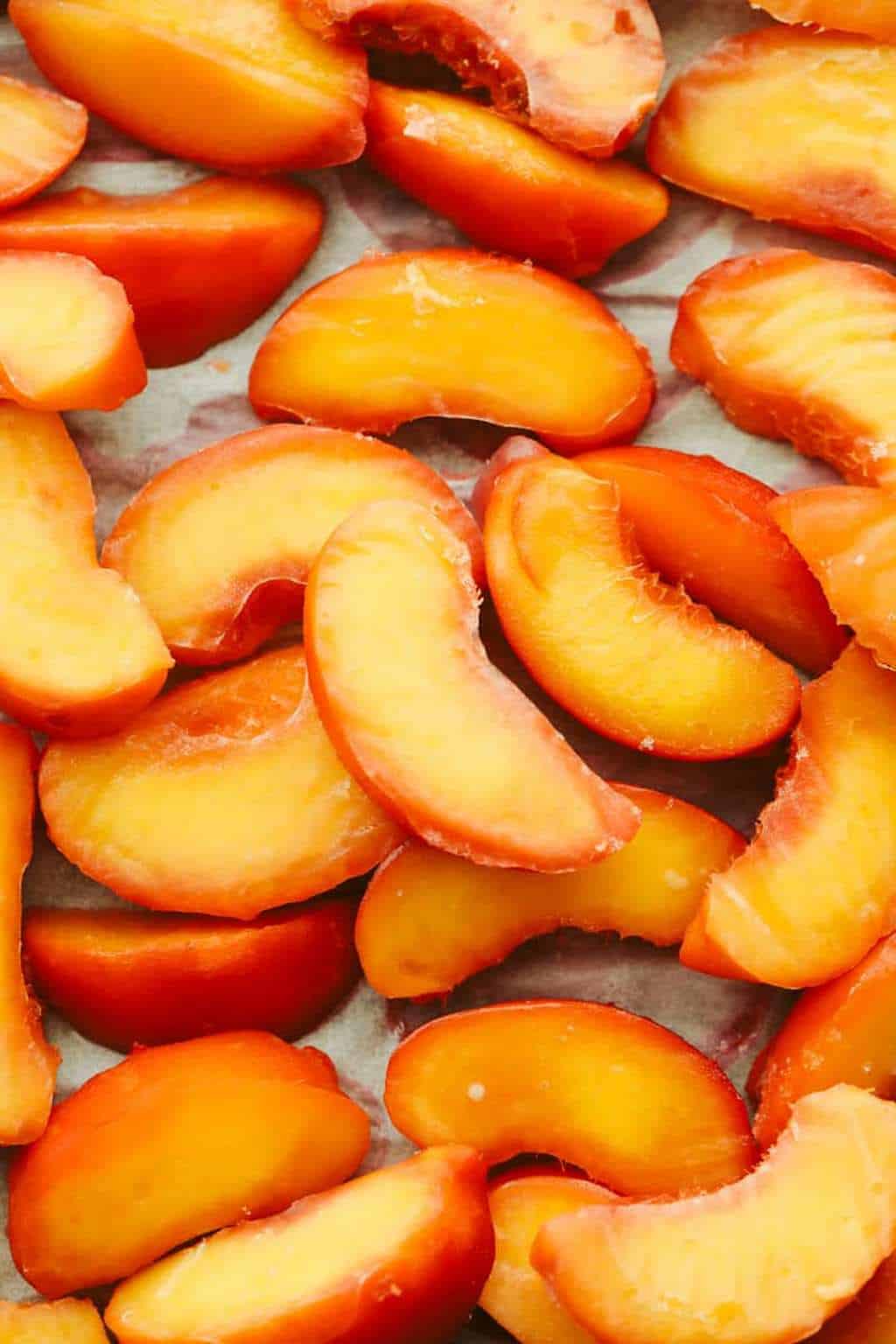
Peaches, with their luscious sweetness and vibrant color, add a delightful touch to any culinary creation. However, the disappointing sight of browning flesh can quickly dim their appeal. For fruit lovers, using fresh fruit in dishes is key. They need to master the art of stopping peaches from browning. This is where the humble lemon steps in as a savior – offering more than just its tangy zing to recipes.
When it comes to preserving the beauty and flavor of your fresh peaches, understanding the magic behind lemon juice can be a game-changer. The secret lies in how lemon juice’s natural properties combat the enzymatic reaction when it meets air. Lemon juice has natural properties that combat this reaction.
A squeeze of this citrus gem can keep your peach slices fresh. Use it on your dessert platter or in your fruit salad masterpiece.
Stay with us as we delve into the science and techniques behind harnessing lemon juice’s powers to ensure your peaches remain picture-perfect from prep to plate.
The Science Behind Peach Browning
Have you ever sliced a fresh peach only to find it quickly turning a less appetizing shade of brown? This natural process occurs due to the enzymes present in the peach reacting with oxygen.
When peaches are cut or bruised, these enzymes are exposed to the air, kickstarting a chemical reaction that results in browning. This oxidation process doesn’t affect the taste or safety of the fruit. It can be unappealing when using peaches in recipes where aesthetics matter. In the long term, browning peach can turn into bad peaches.
How Lemon Juice Can Prevent Browning
Here’s where lemon juice swoops in as your culinary hero. Lemon juice contains ascorbic acid, aka vitamin C, which acts as an antioxidant. Lemon juice helps when applied to the sliced surfaces of peaches. It prevents oxidation by neutralizing the enzymes that cause browning. Picture lemon juice as a shield against time-induced changes, keeping your peaches looking vibrant and fresh longer than untreated slices.
Next time you’re prepping a peach-heavy dish or snacking on slices, remember this simple yet fascinating science. It explains peach browning. Lemon juice has antioxidants. They keep your dish looking nice and add a bit of citrusy brightness to its flavor.
| Read: Celery Turning Brown and Wilted: Is It Still Safe to Eat? |
Using Lemon Juice Effectively
When it comes to preventing peach browning with lemon juice, the key lies in applying it effectively. Here are some tips to make the most of this natural technique:
- Prepare Your Peaches: Cut your peaches into slices or cubes as needed for your recipe. Be mindful of all exposed surfaces where browning could occur.
- Apply Lemon Juice: Using a brush or your fingers, gently coat each peach piece with a thin layer of lemon juice. Avoid soaking the peaches, as this can alter their texture and taste.
- Ensure Even Coating: To ensure that the lemon juice reaches all areas prone to browning, gently toss the peach pieces to get an even distribution. For larger batches, consider using a small spray bottle to mist them evenly with lemon juice.
- Determine Lemon Juice Amount: The amount of lemon juice needed depends on the number of peaches you are treating. A general guide is around 1-2 tablespoons of lemon juice per peach used in most recipes. Adjust based on personal preference and the tartness of your lemons.
- Maintain Natural Sweetness: Protect the peaches from browning. But, let their natural sweetness shine in your dishes.
- Use in Various Recipes: Once treated with lemon juice, your peaches are ready to use in various recipes, from fruit salads to desserts. Enjoy the fresh, vibrant look of your peaches without worrying about unsightly browning.
Exploring Other Natural Alternatives to Prevent Peach Browning
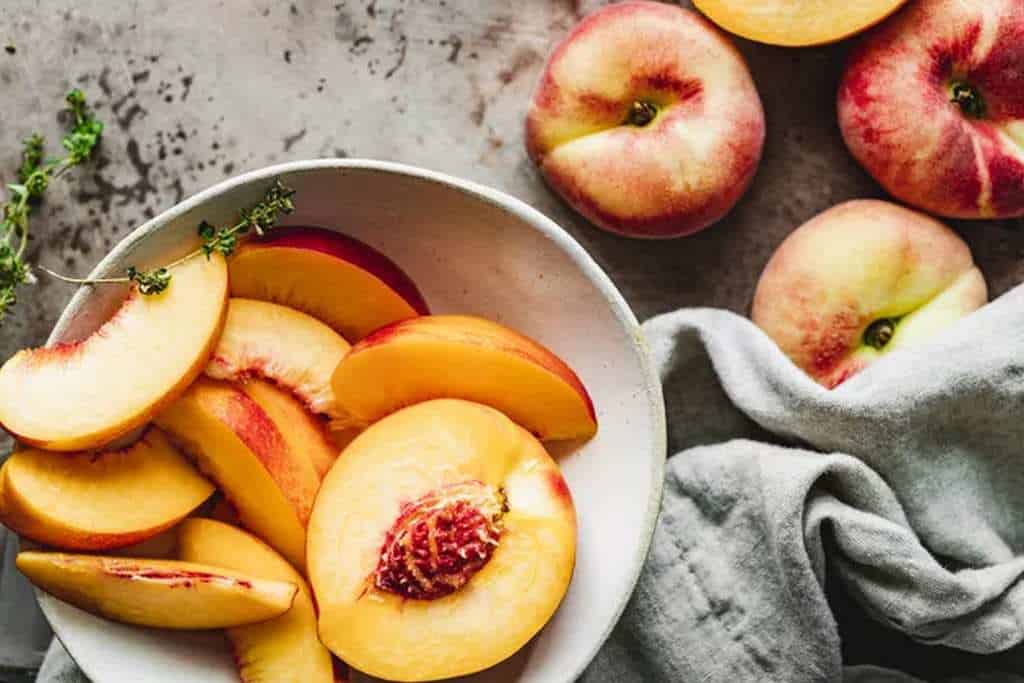
When it comes to preventing peach browning beyond using lemon juice, there are several natural alternatives. Trying different methods helps you find the best one. It also adds variety to your techniques.
Ascorbic acid, also known as Vitamin C, found in fruits like oranges and strawberries. It can effectively stop enzymatic browning in peaches. Simply mix some fruit juices high in ascorbic acid or make a solution with crushed Vitamin C tablets to treat your peaches before use.
Additionally, honey, due to its low pH and natural antioxidants, can be brushed over peach slices to delay browning while adding a touch of sweetness.
For those looking for a subtle alternative to peaches, white wine or apple cider vinegar diluted with water can serve well. They have a mild flavor impact. These acidic solutions work like lemon juice. They stop the enzymes that cause browning. But, they do not overpower the fruit’s taste.
Using Peaches That Have Already Been Treated in Your Recipes
Treating peaches with lemon juice or other natural solutions has many benefits. It helps when using them in recipes. Pre-treatment keeps peaches’ color and freshness. This is key for dishes like salads or desserts. It also makes your creations look better. Imagine serving a colorful fruit salad where each peach slice retains its original appeal due to prior treatment; it elevates both the visual and gustatory experience.
Consider peach tarts to see how to use pre-treated peaches in recipes. The fruit’s bright appearance is key for tarts.
Peaches pre-treated with sugar are ideal for delicate pastries. They hold their shape better when baked and stay pretty throughout cooking. Peaches are pre-treated to add freshness to many recipes. They can go in smoothies, grilled dishes, or jams.
Proper Storage Tips for Preserving Pre-Treated Peaches
Once you have pre-treated your peaches to prevent browning and added them to your recipes, good storage is key. It maintains their quality and flavor over time. To keep pre-treated peaches fresh, store them in airtight containers. Or, wrap them tightly in plastic wrap before refrigerating. Avoid leaving exposed areas. They might be vulnerable to air even after treatment. This could cause partial browning, despite prevention.
When considering shelf life for pre-treated peaches, use them within 3-5 days after preparation. This is when they are at peak quality and taste. If planning longer-term storage, freezing pre-treated peach slices individually on a baking sheet before transferring them into freezer-safe bags can help preserve their texture adequately until needed for future use.
Conclusion: Mastering Peach Browning Prevention
In conclusion, we’ve explored how to prevent peach browning. The solution is simple yet effective: lemon juice. You can now confidently keep your fruit fresh for longer. How? By understanding why peaches turn brown and the antioxidants in lemon juice.
Remember, everyone’s taste is different. Feel free to experiment with natural options beyond lemon juice to find what you like best. You can use honey, vinegar, or soda water. There are many options to explore in your quest to prevent peach browning. So go ahead, get creative in the kitchen, and enjoy your beautifully preserved peaches in all their glory!

